
Since biosimilars first launched, unique pricing incentives and strategies have been created to incentives adoption.

Since biosimilars first launched, unique pricing incentives and strategies have been created to incentives adoption.

One of the biggest issues pharmacists are watching is the Medicare Part D redesign and copay smoothing policy.

The specialty drug market has exploded in the last few decades.

As medication experts, pharmacists can advocate to organizational decision makers around the benefits of biosimilars.

Data from 2024 are being used as a way to predict what changes may be on the way for 2025.

The market is sensitive to both upstream and downstream pressures that impact drug pricing.

The specialty drug market has exploded, and will continue to grow across sectors such as oncology and neurology.

A lack of clarity around certain provisions of the Inflation Reduction Act has presented challenges to payers.

A siloed approach to care can worsen patient outcomes, but collaboration between one health system specialty pharmacy and a manufacturer led to better patient care.

Understanding the goals of each party is the first step to a successful collaboration.

Collaboration between health system specialty pharmacists and pharmaceutical manufacturers can benefit patients in the long run.

Collaboration between health system specialty pharmacies and manufacturers can benefit patients in the long run.

Addressing requirements around FDA interchangeability designations can increase the adoption of biosimilar substitutions at the pharmacy level.

A recent bill introduced to Congress is intended to prevent product hopping, a practice that extends exclusivity and hinders the adoption of biosimilar therapies.

Distributors can help manufacturers create patient access programs that reduce costs, copays, and co-insurance.
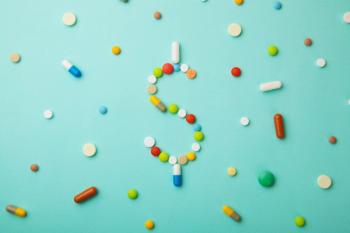
One notable incentive includes the launch of biosimilars at both low- and high wholesale acquisition costs.
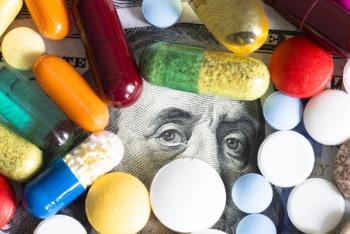
Pharmacists can help financial decision makers understand the value of biosimilar therapies.

Savings associated with biosimilar uptake are projected to reach $181 billion through 2027.
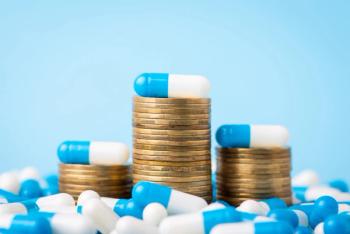
The role of health care specialty pharmacies has expanded.
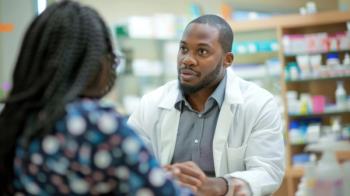
The expertise of health system specialty pharmacists, combined with better adherence and better affordability, leads to better patient outcomes.
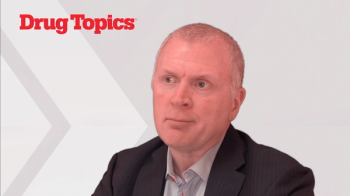
Paying for these new therapies, that may be curative for patients, remains a challenge.

From medication adherence to patient counseling, clinical pharmacists at health system specialty pharmacies can play a role in reducing health care costs.